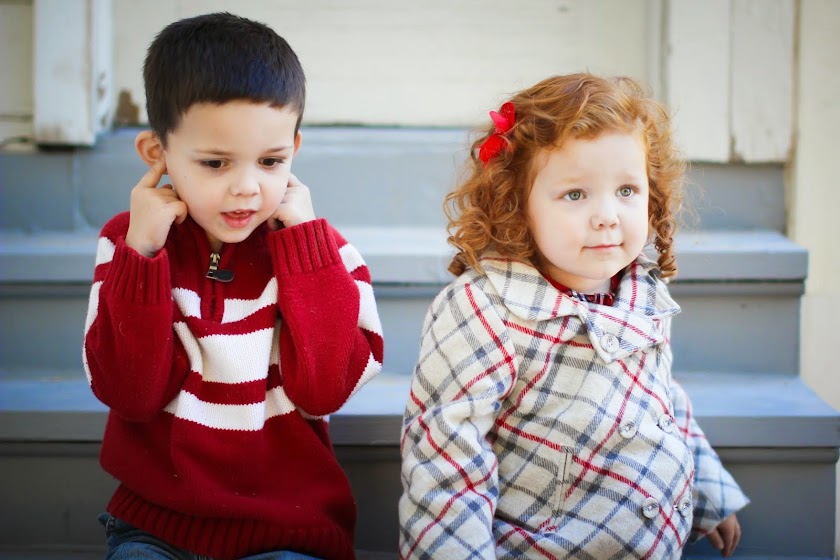The day I found out my son had autism is stored way back in
my memory, in a spot I’m afraid to access. I’m tired of crying. The feelings
and roller coaster motion of the day happen in a part of me that I try not to
open too often. When we began Early
Intervention, I was sure it was a short term thing. Joel has been in therapy of
some kind since he was 16 months old. It started out as physical therapy, when
he wouldn’t walk. He was 18 months old and still crawling around, eating things
off the floor. I thought he only needed a little physical therapy and that would be that. I had no idea we would be in therapy for years more. We progressed into
speech and occupational therapy.
At one of our appointments, an aide
asked me if my son had autism “No!” I said, spitting the word out. “Why would
you ask that?” She met my eyes and seemed as uneasy as she backtracked. “I just
work with autism kids a lot,” she stumbled, seeing my reaction. “Does he qualify for long term
care?” she asked. Long term care, for people with severe disabilities, life altering
conditions my son could not possibly have. I was angry now, so incredibly angry
that she was asking me this, and angry at myself for not reacting well. I didn’t
answer her, but we left the office and switched therapists.
But she had planted a seed. Here was my
beautiful, talented Joel at 20 months whose babbles of “mama” and “dada” had
been reduced to shrill screams and tantrums. He wouldn't look people in the eye and seldom played with other children. He spun in circles and ran into walls. I knew that she might be on to
something, but I pushed it away.
After
that I would find ways to bring up autism at all our appointments. At this
point, I feel now that I was just begging someone to actually tell me yes, it
is autism. We had great therapists, so no one did because that wasn’t their job. It wasn’t until we took Joel to a developmental pediatrician, almost a year
later, that I heard the words I had been wanting and waiting and dreading to
hear. “Yes, it definitely looks like autism,” the doctor said kindly. Rob and I
nodded and held hands tightly as our son wandered around the room, oblivious to
any human interaction. I gulped and tears streamed from my eyes as I asked her “Well,
what do we do now?” The answer was what we were already
doing, plus so much more. Find a habilitation program, start ABA therapy at
once, continue with speech therapy, find an occupational therapist, find a
music therapist, and keep him in his developmental preschool class. That was our beginning, really. From then on, we jumped into anything Joel qualified for
I look
at our history and sometimes want to kick myself for not just accepting things
and diving in. When he was first recommended for speech therapy, I laughed and
rolled my eyes. “This kid talks all the time! Why would he need speech therapy?”
I said to Rob. Well, because he wasn’t speaking English, that’s why. When we began Early Intervention and I felt
frustrated, I took us out of the program for 3 months because I truly thought
he did not need it or was just a late bloomer. I was struggling to face reality, and at times I still am. But that's part of life with a kid on the autism spectrum. The good part, the absolute best part, is that his victories are hard-fought. Although his progress seems slow and at times interminable, when he hits a goal it is the sweetest, most beautiful feeling.
.
